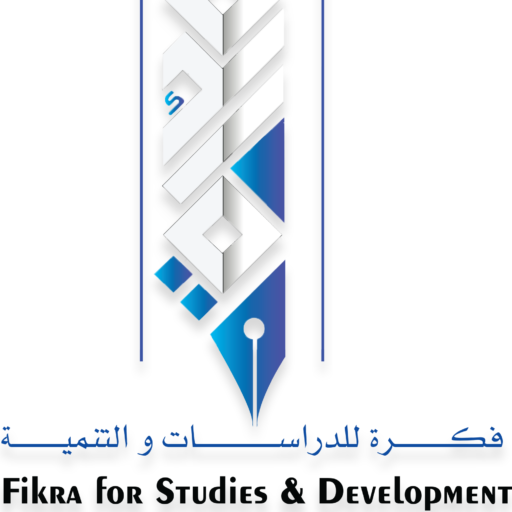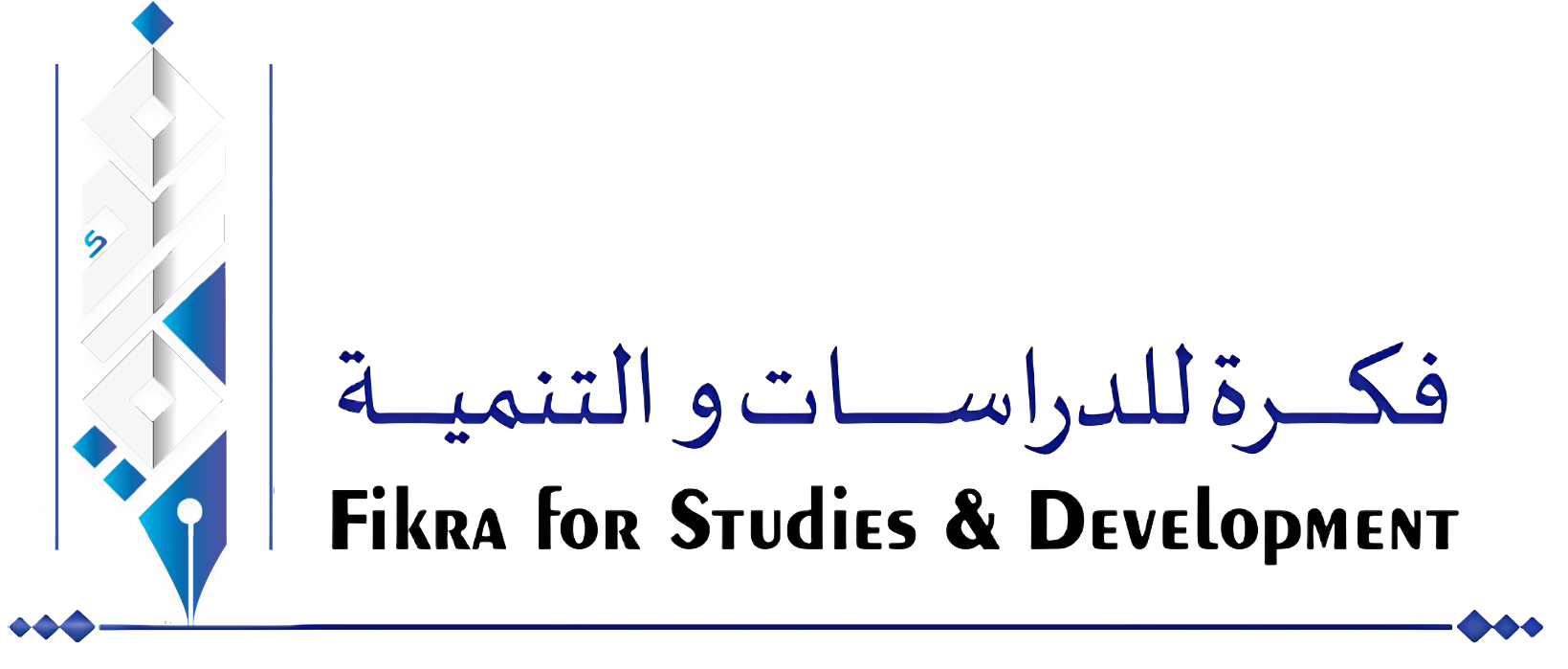The Inevitable Need for a Roundtable Conference in Sudan
The Inevitable Need for a Roundtable Conference in Sudan
A proposal by Dr. Elshafie Khider Saeed* to address the current situation in Sudan. It is translated from his article in Alquds Alarabi newspaper (in Arabic) on the 5th of December 2022.
I think it is natural for us to wonder why this confusion in the political scene prevails since the results and conclusions of the current situation are expected?
Some may be right in their doubts that what is apparent of the political scene does not coincide with the interior dynamics, but in my opinion, and in light of the ongoing current process, the announced results are expected, and what will follow from them is also expected.
In general, the political scene is clear on its surface and its hidden interior:
- There are those who reject the negotiation process in principle and say that they are not interested in its results, although I believe that the current results will inevitably affect their plans and tactics.
- There are those who accept negotiation, but do not accept to be merely followers of what others decide. They demand to be partners from the beginnings in the making of the results of this negotiation so that they are not labeled as being in an inferior status. Such a status will cast a negative shadow on their role in formation of the upcoming transitional structures.
- And there are those who deal with the mentality of being the only spearhead, or the engine leading the train, although the experience teaches that such mentality will inevitably lead to severe damage in the political process.
Sudanese are fully aware of the fact that the Forces for Freedom and Change – the Central Council remained engaged in negotiations and having understandings with the military component, and that the framework document is the product of these understandings. They are also aware of the truth about the relationship between the same military component and the Forces of Freedom and Change – The Democratic Bloc. They are also aware of the existence of an effort to reach an understanding between the Central Council and some components of the Democratic Bloc. Just as they are aware of the existence of a large bloc of the forces of the revolution who favor the political process, including the civil society bloc, but they remain outside the political process, because the design of the process, which is controlled by the FFC – Central Council, is unacceptable to them.
Forces of Freedom and Change – the Central Council has the right to culminate its understandings with the military component by signing a framework document. However, this document will remain a property for the two parties only, unless the Central Council gets actively in conducting a dialogue with the largest number of other revolutionary political forces to join the two signatories, and then the framework document will gain greater strength and weight. In any case, the framework document can be an introduction, a first stop, to be completed through the other dialogue mechanisms hopefully to be proposed by the political process with the facilitation of the UNITAMS mission.
Among these other mechanisms, UNITAMS may suggest convening a round-table conference that includes all the components of the revolution to address the dangerous situation which the country is going through. This situation is becoming more dangerous due to the incompetence of our political forces and the fragmentation and divisions they suffer. The weapon and embers of the blazing revolution and the bravery of the resistance committees, despite its effectiveness and its crucial role, will not alone be able to resolve the battle, which requires more than one weapon and several types of ammunition. And as we have always said, there is no good in any political process whose main goal is only to share the seats of power.
As we have learned from the lessons of history, having the dreams of the people at the top of the priorities and agenda of the leaders is what built human civilization. When these dreams fall from the priorities of the agendas of those leaders who become unable to respond to them, or they put them in a lower position for their narrow partisan or personal agendas, then the civilization will crack.
It is true that the current situation in the country may afflict some with frustration and despair; that the dream of the revolution will not become a reality, especially those who have been waiting for it for a long time, or who thought that reaping its fruits would be tomorrow morning. Temporary frustrations, which afflict us at a specific moment and time, is understandable and appreciated as long as we do not abandon the principle. However, to be completely frustrated is unacceptable, and it is, in fact, the dream and the wish of the defeated tyrants of yesterday. The people’s enthusiasm, organized and conscious, is capable of tipping the scales at crucial historical moments. What we are currently witnessing in the World Cup competitions in Qatar amazes us all with the World Cup’s ability to mobilize millions from every country, and explode their enthusiasm and interaction with the competitions to the point of mania.
In defending our revolution, we are in dire need of such enthusiasm and this interaction, not only the enthusiasm of the joy of victories, but even the tears over temporary defeats, to overcome indifference, to raise the banners of hope and sharpen the will for change for the final victory of our revolution, and in order to defeat all attempts to revive the alliance of corruption and tyranny of the Ingaz regime.
The deep wounds in the body of the homeland, whether closed or open, peremptory or exclusionary and accompanied by amputating part of our dear homeland, our great people rose up in December 2018 in order to mend them, but we should not have any illusions that the revolution can heal them in two or three years.
Healing the nation’s wounds requires strong sutures and skillful hands. Those will not be available unless our leaders have the will, vision and appropriate tools. These sutures derive their strength, just as the hands gain their skill, from the fact that building a nation needs to expand the principle of acceptance and participation, except for those who committed crimes against the nation, as they are destined to be brought before justice.
The crisis in our country has exacerbated to its peak. We are no longer on the brink of a pit of fire, but rather we are approaching its center. We have no alternative but to unleash our enthusiasm and spread hope for the victory of our revolution in order to conquer the attempts to revive the alliance of corruption and tyranny.
Dr. Elshafie Khidir Saeed
A Sudanese pro-democracy political scholar, thinker and writer. He has a long track-record in the struggle against military dictatorships for realizing democracy, rule of law, peace and political stability in Sudan. He was subjected to political detention for five years in the 80th of the last century, and he went underground for many years fighting the Ingaz regime. Dr. Elshafie has a number of published writings on the consolidation of democracy and the intersections between the roles of the tribe, the army and politics in Sudan.
Dr. Elshafie can be contacted by email: eksahmed@gmail.com, elshafie@fikrasd.com.

